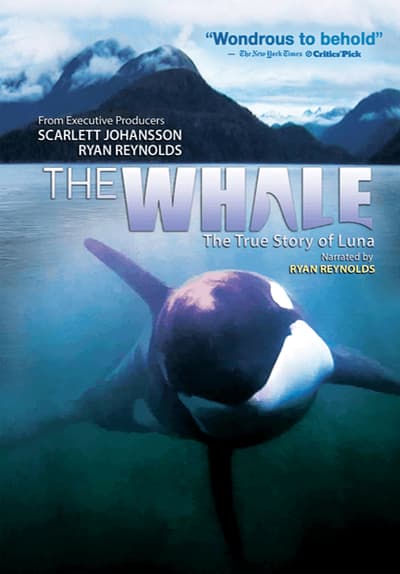

Luna is a social mammal who practically begs for the attention it would naturally receive from its pod if it had one. This is a moment in the film where it becomes clear that sentiment overrules logic. Michelle Kehler, one of the members of the Luna Stewardship Project, finds it extremely difficult to do her job when Luna gets in between the boats Luna pushes Michelle’s arms away and pokes at her because he wants to play (56:29). Due to this behavior, people humanize the whale, which becomes evident throughout the many interactions depicted in the film, including those between Luna and the local bureaucrats and residents. In The Whale, Luna acts like a small child, continuously making interactions comical by tail slapping, blowing bubbles, and playing with hoses and sticks. It is through Luna’s interactions with law enforcement as well as native residents that viewers are reminded that when humans perceive their own traits within an animal, sentiment overrules logic. While the many residents who were fortunate enough to interact with Luna on a personal level explain the experience to be otherworldly, others reckon these interactions are the leading cause of the whale’s demise. As narrator Ryan Reynolds expresses, being lost in such a way “must’ve been like a child being lost in a supermarket” (2:07).

Luna, the 2-year-old orca, is forced to turn to humans for comfort after being separated from his pod in Nootka Sound, British Columbia. The leading affect within the film is sentimentality. While the film can be perceived as a cautionary tale about human interference in nature, there is no political statement being made to sway the audience. The 2011 documentary The Whale confronts the moral and ethical struggle within intense human-animal interactions.


 0 kommentar(er)
0 kommentar(er)
